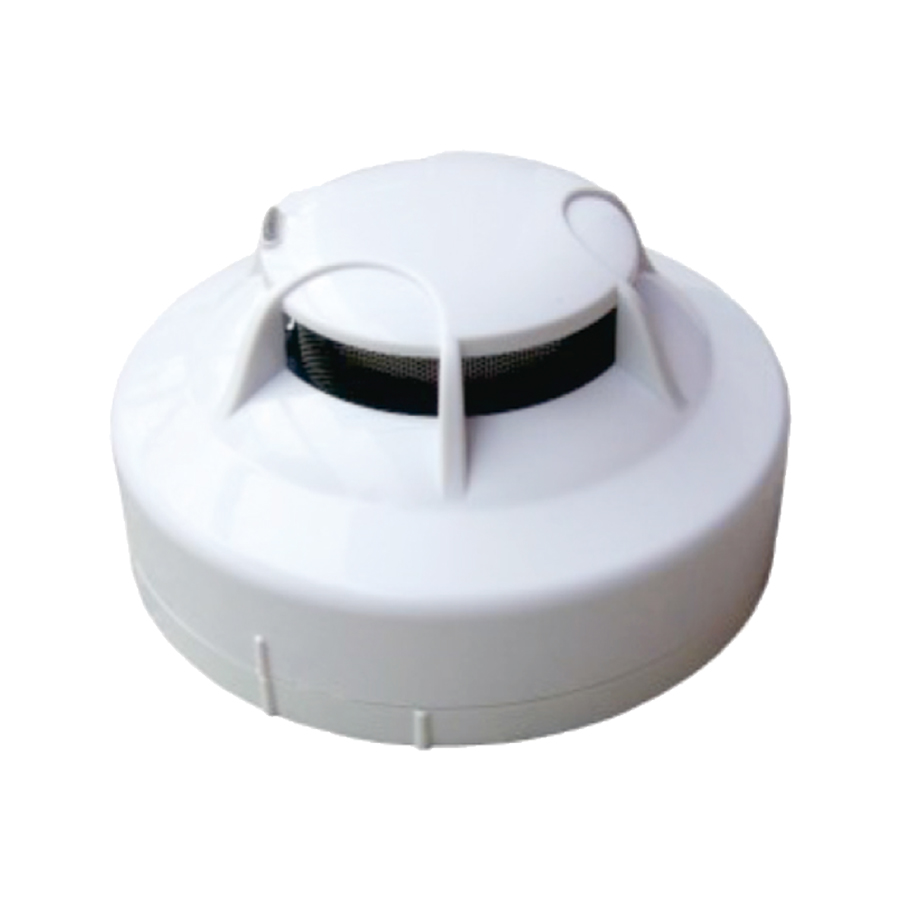Copyright © 2021 TANDA Development Pte. Ltd. All rights reserved.Privacy Policy.Site MapDesigned by

Ceiling smoke alarms serve as the first line of defense against fire hazards in homes, providing early detection and warning to occupants. In this article, we'll explore the significance of ceiling smoke alarms and why they are essential for home safety.

Ceiling smoke alarms, also known as smoke detectors or smoke alarms, are devices designed to detect the presence of smoke in the air, signaling the potential occurrence of a fire. These alarms are typically installed on the ceiling of residential, commercial, and industrial buildings, strategically placed in key areas such as hallways, bedrooms, and living spaces.
Ceiling smoke alarms work by continuously monitoring the air for the presence of smoke particles. When smoke is detected, the alarm emits a loud audible alert, often accompanied by flashing lights or other visual indicators, to warn occupants of the potential fire hazard. This early detection allows individuals to evacuate the premises quickly and seek safety, minimizing the risk of injury or property damage.
Ceiling smoke alarms are essential components of fire safety systems, serving as the first line of defense against fire hazards. Their ability to provide early warning enables prompt response and intervention, helping to prevent the spread of fires and mitigate their impact. In addition to standalone smoke alarms, ceiling smoke detectors are often integrated into comprehensive fire alarm systems, providing enhanced detection and notification capabilities for improved safety and security.
Early Detection: Ceiling smoke alarms are designed to detect smoke particles in the air, signaling the presence of a potential fire hazard. Early detection is crucial for allowing occupants to respond quickly and evacuate the premises before the fire escalates, minimizing the risk of injury or property damage.
Prompt Notification: Upon detecting smoke, ceiling smoke alarms emit loud audible alerts, alerting occupants to the imminent danger. Additionally, some models are equipped with flashing lights or voice alarms for enhanced notification. Prompt notification ensures that residents are aware of the fire hazard promptly, enabling them to take immediate action to evacuate and seek safety.
Comprehensive Coverage: Ceiling smoke alarms are strategically installed throughout the home to provide comprehensive coverage. By placing alarms in key locations such as bedrooms, hallways, and living areas, they can effectively detect smoke from any area of the house, ensuring no area is left unprotected.
Automatic Activation: Ceiling smoke alarms are designed for automatic activation in the event of a fire. Once smoke is detected, the alarm triggers automatically, eliminating the need for manual intervention. This ensures that the alarm is activated promptly, even if occupants are asleep or not in the immediate vicinity.
Compliance with Regulations: Ceiling smoke alarms are required to comply with various regulations and standards established by authorities having jurisdiction (AHJs) and building codes. Compliance ensures that the alarms meet minimum safety requirements and adhere to best practices for fire safety in residential buildings.
Peace of Mind: Having ceiling smoke alarms installed in the home provides peace of mind for occupants and homeowners. Knowing that there is an effective means of detecting and alerting to fire hazards instills confidence in the safety of the household and the well-being of its residents.
In conclusion, ceiling smoke alarms are indispensable components of home safety, serving as the first line of defense against fire hazards. Their ability to provide early detection, prompt notification, comprehensive coverage, automatic activation, compliance with regulations, and peace of mind make them essential for protecting lives and property. As a homeowner, investing in quality ceiling smoke alarms is crucial for ensuring the safety and security of your home and loved ones.